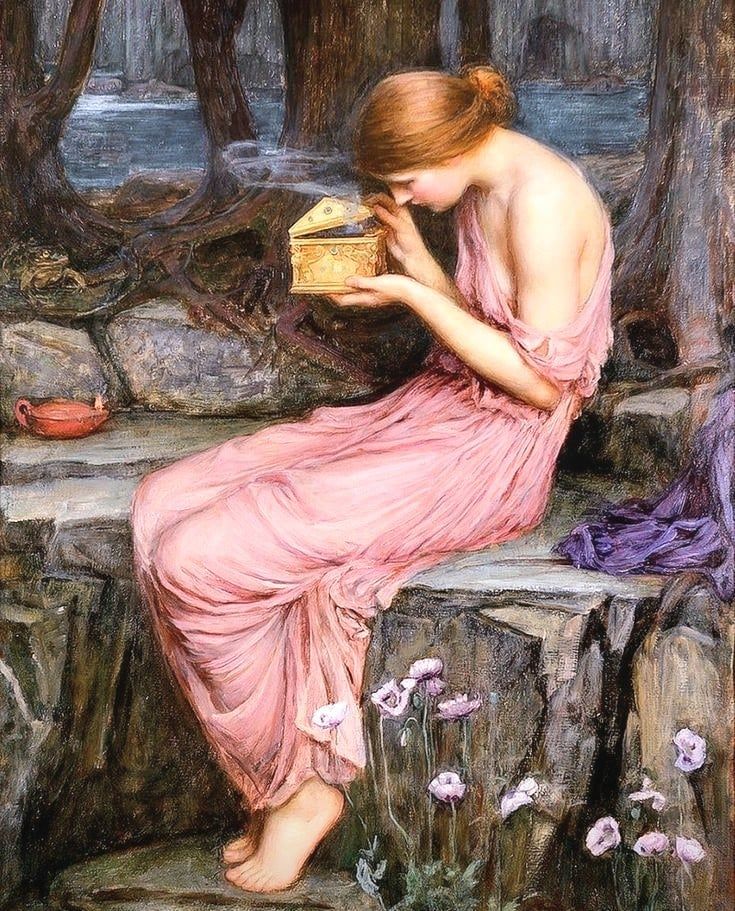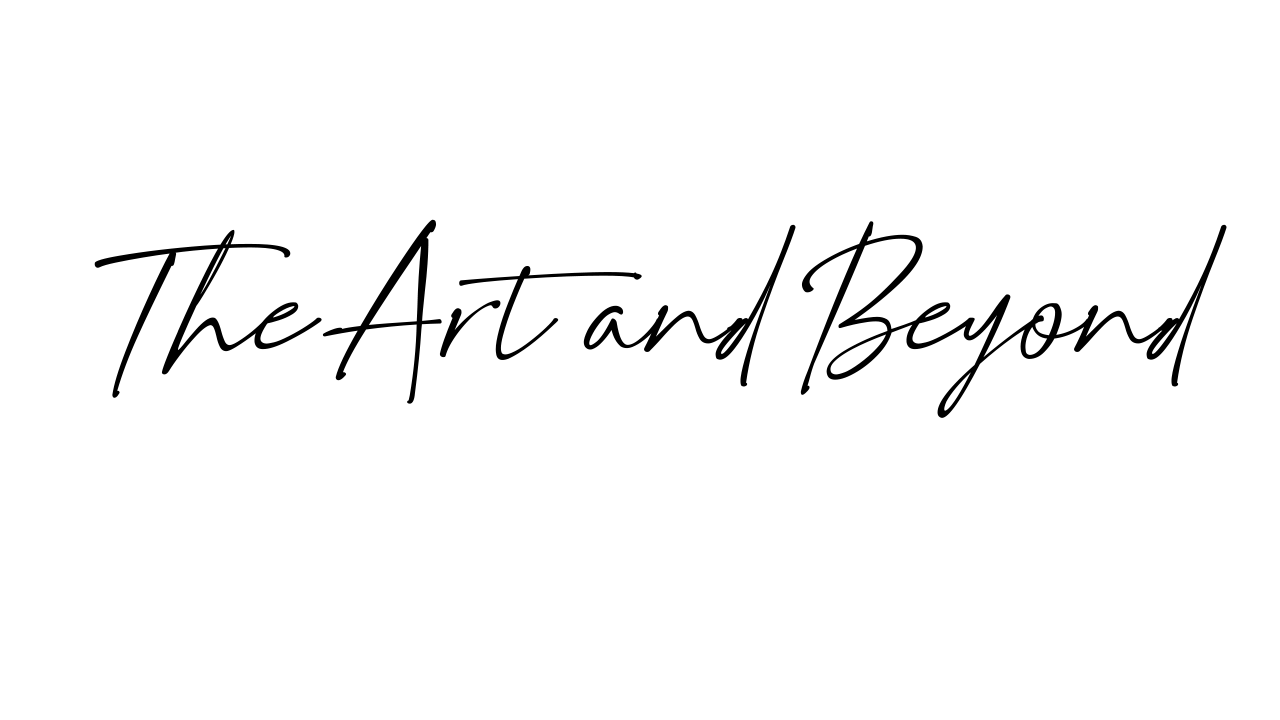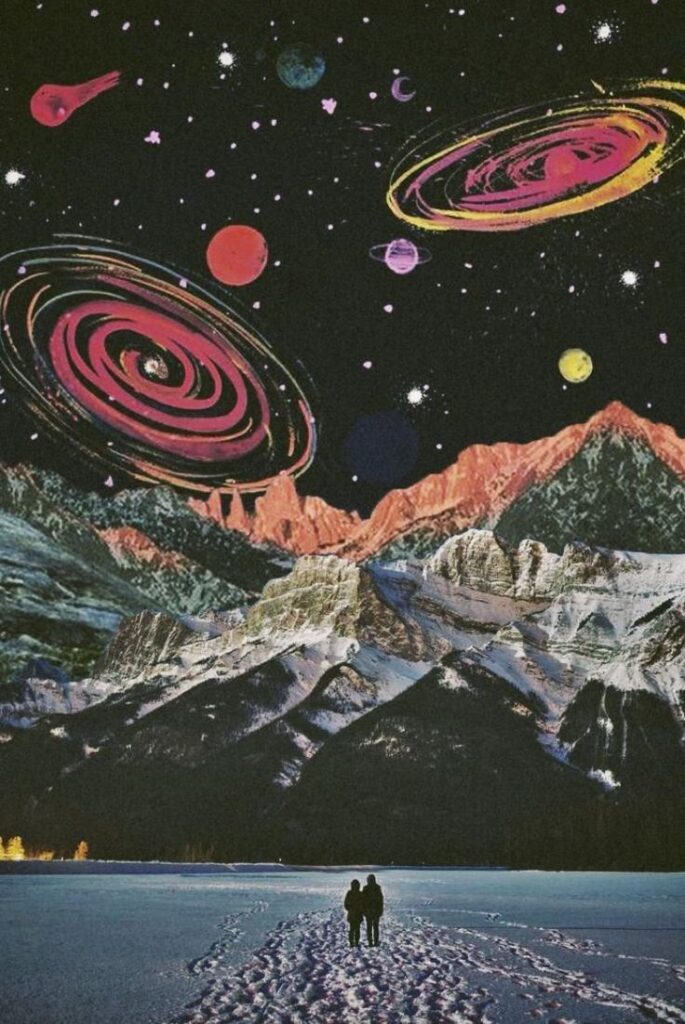There are two assumptions ruling the world: those who believe that curiosity has caused catastrophes and deaths, and those who see it as a drive for artistic and scientific pursuits and personal growth. Curiosity and creativity have had a complex relationship over the centuries. And it is a topic worth exploring.
Curiosity throughout history
Myths and human history may have linked curiosity with bad events. Starting with the beginning of humankind, it was curiosity that brought humans to earth after Adam and Eve’s desire to discover what eating the fruit of the tree would bring. It was also Pandora who cursed the Mediterranean when she opened the fateful box that contained all the horrors of the world. And similarly, curiosity caused further misery and damage, as in The myth of Cupid and Psyche as well as the Thousand and One Nights.

And if we were to be fair, you and I would have done exactly what Adam, Eve, Pandora, Psyche, and the sailors did.
On the other hand, curiosity has created humans and given them success stories and myths to tell.
It is thanks to curiosity that the imagination of humans went on creating what was not yet created. Works of art, revolutionary movements, literature, life satisfaction, pursuits of happiness, academic performance, and jobs throughout centuries.
What would happen if there was no curiosity?
Imagine for yourself a world where nobody’s curious.
No self-discovery. The search for meaning will not exist, aesthetic appreciation will disappear, and innovation, creativity, science, and personal growth will all cease to happen.
Is curiosity cursing us or making our lives exciting and worth living?
I will let you answer that on your own.
Curiosity is your drive for art-making
In many of my articles, I spoke of creativity as if I knew the recipe for it all. I highlighted that, to me, creativity is born in liminal spaces. I have also assumed that creativity is the byproduct of focused work, visual nutrition, and the desire to create.
But how do you know what intrinsically motivates you to create?
You listen to your curiosity, and you pave the way toward greater personal expression and intelligence. The brain’s elasticity strengthens and expands when people are curious and seek different experiences.
How do we foster and cultivate more creativity and curiosity in our lives?
Identify when you are curious
I don’t know what the exact definition of curiosity is. But to me, it sounds like a deep and intense desire to discover and explore the uncertain once it is recognized. The pursuit should be fun and pleasurable, not attached to the end goal.
What are you most curious about? Do you want to try every restaurant in town? Or do you want to see every iconic work of art irl?
“When we are curious, we are doing things for their own sake, and we are not being controlled by internal or external pressures concerning what we should or should not do”, Kashan and Silvia write.
So, in your quest for creativity, make sure you explore the subjects, activities, and mysteries that enliven you.
Ask both constructive and destructive questions
Big and small questions are a major drive of curiosity. And we usually ask constructive questions and think we’re set. But let me tell you, if you want a different output, you gotta ask a different set of questions. Notably, destructive ones.
You must’ve previously heard of convergent and divergent questions. The divergent ones are those that start with a “why”, “what if” and other questions that open up the horizons for deeper reflection and exploring. While the convergent ones are the “what”, “where” and “when” opposing the mysterious potential directions.
What shall be taken from this is that you may as well start your quest with divergent questions that lead us to the novel, challenging, and uncertain so we can avoid blocking our curiosity and creativity in answering the convergent questions that push people toward consolidating what is already known or agreed upon.
Adapt your environment to serve what you’re aiming for
I simply think that creativity is contagious. And so is curiosity.
If you grew up in a household where some levels of curiosity were accepted and others weren’t, you may have a pattern of shutting down your curiosity to fit what suits your environment. It is similarly the case for what is “appropriate” to be curious about and what isn’t.
Find places where you can surround yourself with creative and curious people. And if you can’t, influence your entourage to be so.
I know you’re sick of me saying it, but experiment until you find a pursuit that cultivates your desire to learn more
Think of the activities you have never tried. learn a musical instrument, painting, gardening, or any other activity that you do not take seriously. Allow yourself to be creative, free, and imperfect. Being able to accept the fact that you’re not gonna be good at everything opens up the horizons for new questions, new perspectives, and new ways to see life.
Conclusion
I see curiosity as a real blessing and positive trait especially if you choose to pursue a creative endeavor. However, don’t get too curious to the point of continuing to research alternatives or chasing curious but unimportant knowledge, and never taking action. Because that is detrimental to your full potential. At some point in time “good enough” must suffice.
Enjoy creating and being the right amount of curious <3

